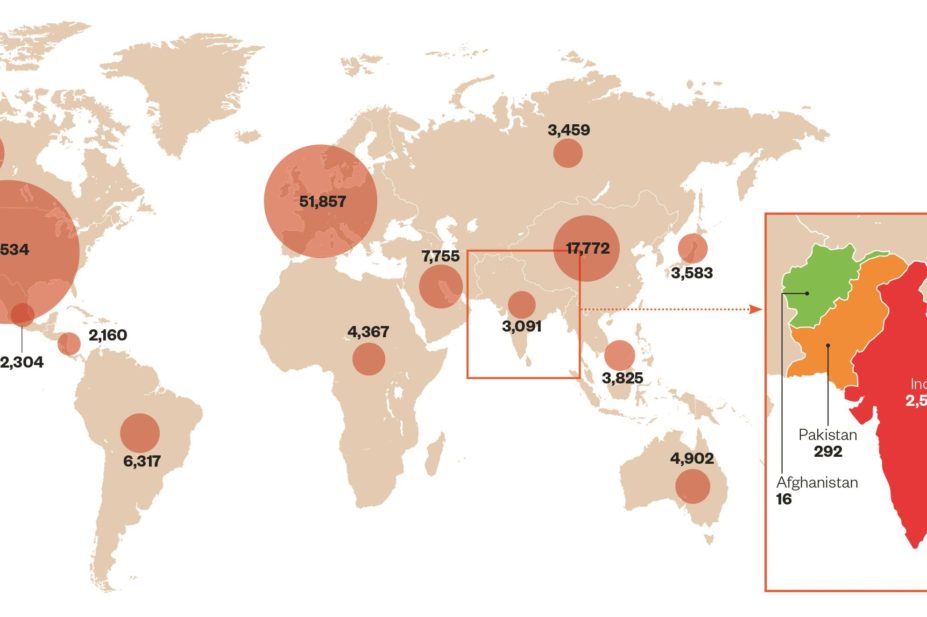
age fotostock / Alamy Stock Photo
Clinical trial disclosures for drugs approved by the US Food and Drug Administration (FDA) fail to meet both the legal and ethical standards expected, according to research published in BMJ Open on 16 November 2015[1]
.
Researchers looked at clinical trial registration and results reported to the FDA in 2012 by ten large drug companies, which sponsored 15 drugs the agency approved that year.
They discovered 318 relevant trials that involved 99,599 participants.
The analysis revealed an average of 57% of trials per drug were registered with the FDA and 20% reported trial data in Clinicaltrials.gov, of which 56% were published. Some 65% either published or reported their results.
Almost half of all the reviewed drugs had at least one undisclosed phase II or phase III trial. They said that, among the 15 drugs, 20% had at least one publicly unavailable phase III trial, 27% had at least one undisclosed phase II trial and 47% had at least one of either.
Per drug, a median of 17% of trials supporting FDA approvals were subject to the legal disclosure requirements outlined in the FDA Amendments Act (FDAAA) which relate to public disclosure; 67% of those were FDAAA-compliant. Transparency varied widely among companies, they pointed out.
Researchers concluded that trial disclosures for new drugs are below legal and ethical standards. They said “best practices are emerging” — two of the ten reviewed drug companies disclosed all trials and complied with legal disclosure requirements for their 2012 approved drugs. They suggested that “ranking new drugs on transparency criteria may improve compliance with legal and ethics standards and the quality of medical knowledge”.
References
[1] Miller JE, Kom D & Ross JS. Clinical trial registration, reporting, publication and FDAAA compliance: a cross-sectional analysis and ranking of new drugs approved by the FDA in 2012. BMJ Open. 2015;5:e009758. doi:10.1136/bmjopen-2015-009758


